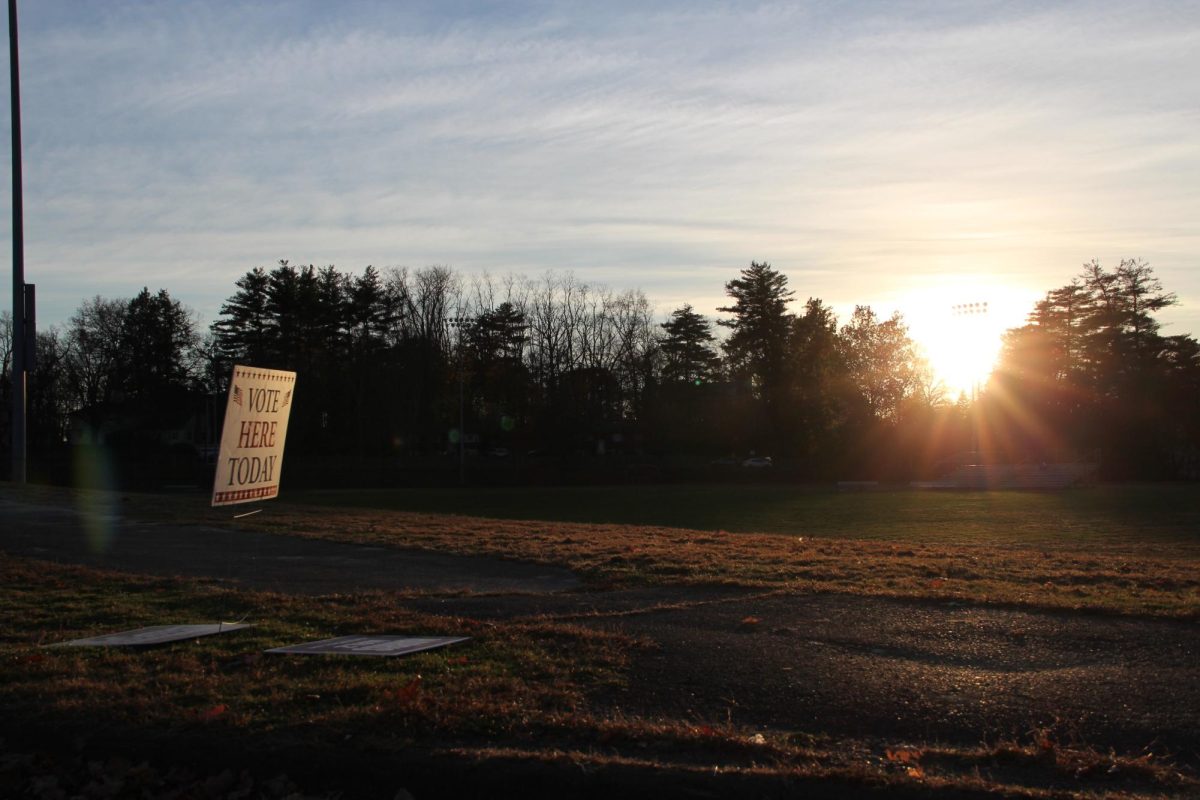The Student Government Association held its senate meeting remotely through Zoom on Friday, March 27, following the cancelation of in-person classes at The University of Massachusetts in response to the COVID-19 pandemic. The meeting did not go as planned.
The meeting was “Zoom-bombed” by hackers who displayed “racist slurs and graphic imagery,” according to Speaker Rachel Ellis. The racial slurs appeared as both audio and imagery. She went on to apologize to the members of the SGA, as well as anyone else who was present for the meeting: “I greatly apologize to anyone who attended the meeting via Zoom for the extremely upsetting visuals and disgusting racist slurs. None of that is tolerated in the SGA.”
The Zoom-bombing took place about an hour into the meeting, as the SGA was going through officer reports, according to Associate Speaker Julia Fox. “It was completely and utterly unacceptable,” said Fox.
President Timothy Sullivan sent out an email to the members of the SGA following the incident, in which he asked if anyone needed to check in with him. He went on to say: “I will not mince words in saying that was absolutely f*****g despicable and unacceptable. If anyone has any information on who was responsible for that, it is your obligation to step forward.”
Lydia Washington, the SGA’s advisor, also sent out an email to the SGA directly following the incident: “This is unacceptable and totally disappointing . . . Please for those that may not be as impacted check on those that have been and do your duties to ensure that those students feel safe virtually to continue to engage.” Lydia also urged the SGA to submit reports of the incident to the University.
Johnny P. Tooson, the executive director of student engagement and leadership, sent out an email the following day detailing some of the resources available to students who felt targeted by the incident. He also advised the SGA to look over the University’s page on Zoom-bombing in order to find ways to make their meetings more secure.
Brandi Hephner LaBanc, vice chancellor for student affairs and campus life, sent out an email the following day which detailed the actions that the University was taking in response to the incident: “UMPD is actively investigating the case alongside UMass Amherst Information Technology. If the individual(s) involved are identified, appropriate criminal and/or conduct action will be taken.” She went on to say that it is difficult to track down hackers, but that the University was doing its best.
LaBanc also discussed how the SGA should proceed: “SGA leaders have been trained on how to secure future meetings and avoid a repeat hacking opportunity. You will have to enter the meeting differently (e.g., using a password, placed in a waiting room), but these steps will be for your protection as a participant.”
Incidents of Zoom-bombing are becoming more and more common among groups trying to hold professional meetings, according to a Los Angeles Times article. According to the article, Zoom-bombing generally consists of racial slurs and pornographic images being broadcast over a Zoom conference by hackers, and often members of the conference are personally verbally attacked by the hackers. As a result, several schools and universities have already decided not to use the online platform.
Despite the Zoom-bombing, the senate was able to pass a motion which approved a letter that will be sent to all RSOs, suggesting guidelines for holding and documenting RSO elections with the transition to remote learning.
The SGA is still considering if Zoom is the best option for them going forward: “This is something we will definitely be discussing,” said Ellis.
Sophia Gardner can be reached at [email protected] and followed on Twitter @sophieegardnerr.




















